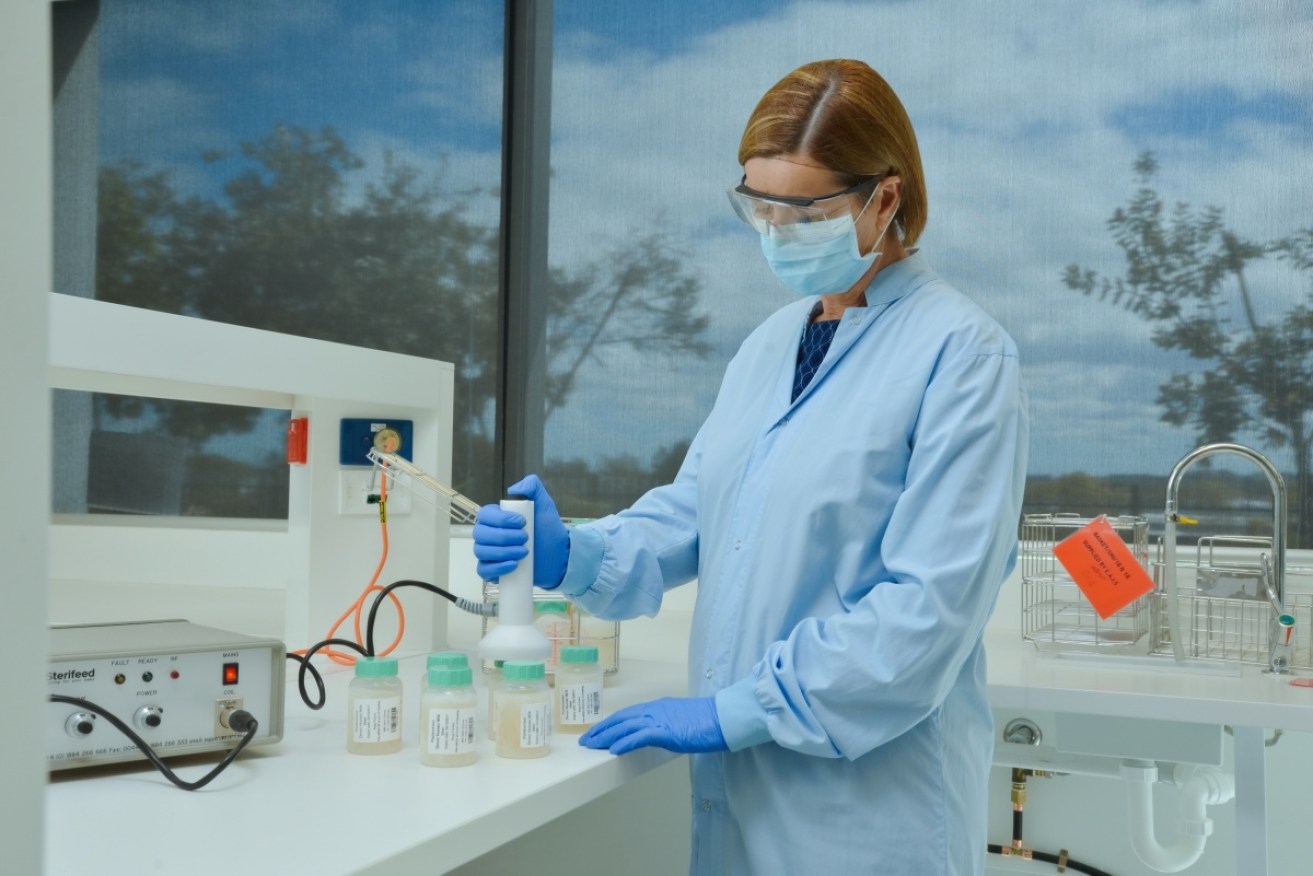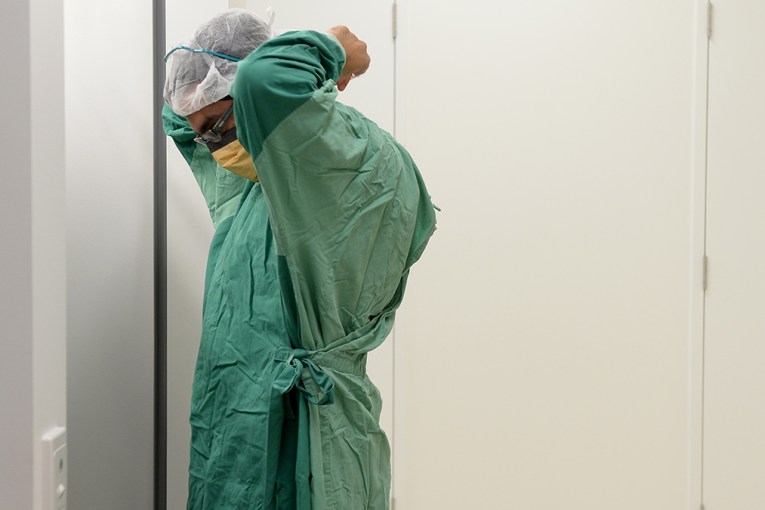Study showing girls just as good at STEM subjects as boys may inspire budding scientists

A study has shown girls should be encouraged into STEM careers, similar to Milk Bank manager Christine Sulfaro, Photo: AAP
A new study showing girls perform just as well in STEM subjects as boys do has tipped on its head the idea that girls tend to drop out of science, technology, engineering and maths subjects at school because they do not do as well.
Women are still greatly underrepresented in the workforce in the fields of science, technology, engineering and maths, and there is a large female dropout rate in those subjects at school.
But it is hoped a study conducted by UNSW, which shows equal performance in the subjects among boys and girls, will lead to more girls embracing them at school, university and beyond.
“We look across the spectrum of people working in science and technology and we see a strong gender bias there,” said Professor Emma Johnston, the Dean of Science at the University of New South Wales, and the president of Science and Technology Australia.
“We’d like to be able to explain them, because if we can explain and understand them, then maybe we can rectify the situation and reduce the bias.”

The gender imbalance in STEM is “not about the capability of men versus women,” says Professor Emma Johnston. Photo: UNSW
Professor Johnston said the results raised questions about why so few women were working in STEM fields compared to men.
“In the past, some people have thought that the reason there are more men in STEM workforce jobs than women is because actually men are better at STEM,” Professor Johnston said.
“What this study does is tells us that it’s not about the capability of men versus women.”
Which begs the question, why are we seeing these big differences in the workforce?
Confidence building a key to equity
Professor Johnston said a big part of the problem was girls simply did not think they were as good as boys in STEM subjects.
“We need to break down those negative stereotypes that might be holding girls back from seeing themselves as a scientist, or a technologist,” she said.
“It’s just a matter of saying, ‘I like physics, maths, I’m just going to indulge myself and I’m going to do really well’.”
Rose O’Dea is a PhD candidate at the University of New South Wales, and is the lead author of the study.
She said her interest in the topic stemmed from her own experience.
“I’m a biology PhD student, so we have better representation, but growing up I didn’t have confidence,” she said.
“Growing up I definitely internalised the message that maths was hard, and it required innate talent.
“So in the last two years of high school, I didn’t choose to study the top level of maths, and at university I really regretted that decision.”
Despite now being a science leader, Professor Johnston also previously struggled to see her own abilities as equal in a male-dominated sector.
She said a lack of role models and existing negative stereotypes can have a detrimental effect on girls’ ambitions.
“Society didn’t expect me to be good at mathematics, so there was an expectation issue, and this became a confidence issue,” Professor Johnston said.
“We need to break down those negative stereotypes so women can see the exciting jobs and the ones that are paying really well, so they can take up those careers.”
–ABC








